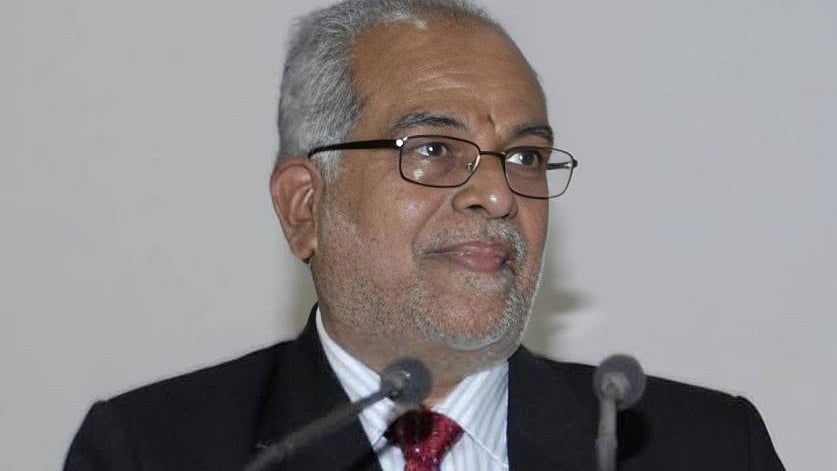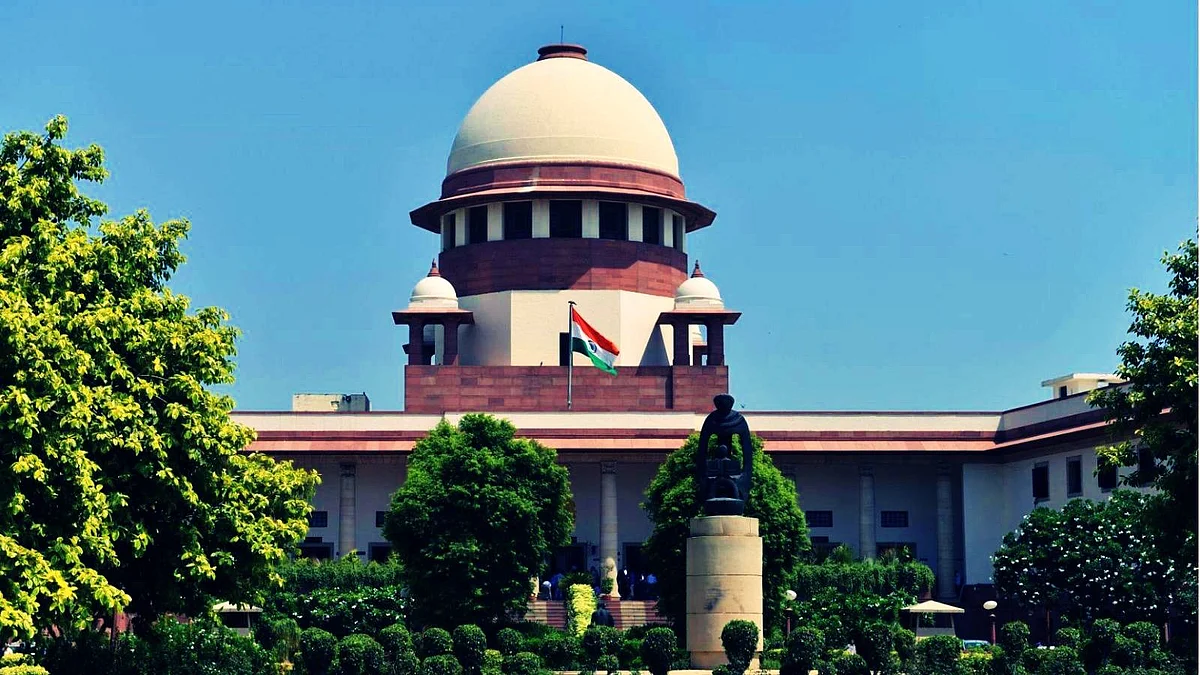I strongly support euthanasia and believe in the right of individuals with incurable, degenerative or debilitating conditions to die with dignity. Hence, I work at enhancing the abysmally low awareness about the living will.
Most of us only know of the traditional will that deals with inheritance and assets distribution post death as per the wishes of the deceased. A living will specifies actions to be taken in medical treatment if a person is unable to make decisions for themselves.
Caregivers, family and friends face significant financial, emotional, and physical burdens while trying to give the best care and treatment to the patient. Whereas patients in chronic or vegetative states may not wish to burden their loved ones and may prefer the option of a dignified end.
In India, while refusing a life support system is relatively straightforward, withdrawing it once in place involves a lengthy and emotionally draining legal battle. The only option was signing a “Leaving Against Medical Advice” (LAMA) document, transferring the responsibility for discontinuing life support from doctors to patients.
Living wills gained prominence in India after the Supreme Court legalised passive euthanasia in 2018. Until then, there was limited choice. It makes passive euthanasia an option for a brain-dead patient or a patient in persistent vegetative state (PVS). Active euthanasia, involving administering lethal substances, remains illegal.
The Role of a Living Will
A living will helps prevent complications when one cannot make their own medical decisions. In absence of a living will, these decisions in the patient's best interest must be made by friends and relatives in the presence of witnesses and a judicial representative, after approval from a medical board. This itself is time-consuming and emotionally draining.
The benefits of a living will are:
Control Over Medical Treatment: A living will allows individuals to specify their preferences for medical treatment in terminal or vegetative conditions.
Guidance for Healthcare Providers: It provides clear instructions for doctors, reducing uncertainty and ensuring that the patient's wishes are respected.
Emotional Relief for Loved Ones: It prevents conflicts among family members and alleviates the emotional burden during critical times.
Financial Considerations: It helps manage healthcare costs more effectively, potentially reducing unnecessary expenses on prolonged treatments.
Not Just for the Elderly
Contrary to common belief, living wills are not just for the elderly. Unexpected end-of-life situations can occur at any age. Therefore, anyone who wishes to have explicit instructions regarding their medical care should consider preparing a living will.
In India, a living will is operative only in specific situations, such as when the individual is in a coma, vegetative state, or diagnosed with a terminal illness. It is crucial to inform relatives and close ones about the living will to avoid confusion and ensure that it is accessible when needed. One should share the Living Will with the healthcare providers, especially for those receiving palliative care. It will ensure that the medical institution honours the Living Will when the time comes.
Legal Requirements and Content
A living will must be written, signed, and dated by the individual, with two witnesses’ signatures. It should be clear and concise, specifying the medical treatments preferred or refused. It can include preferences on life support, artificial feeding, and other extraordinary measures. Naming a trusted person to make decisions on the individual’s behalf is also advisable.
Creating a living will requires careful thought. Reflect on your values, the importance of independence, and the conditions under which life may not feel worth living. Include directives for various medical interventions like CPR, mechanical ventilation, tube feeding and organ donation.
A living will is a vital document that ensures your medical preferences are honoured, and eases the burden on loved ones during difficult times. Every adult should consider writing, communicating, and at least notarising their living will. While simple written directives can suffice, a registered living will provides greater assurance that your wishes will be respected and implemented. A template on a living will can be accessed at https://sanjeevkotnala.com/demystifying-living-will-for-everyone/
Sanjeev Kotnala is a brand and marketing consultant, writer, coach and mentor








.jpg)

